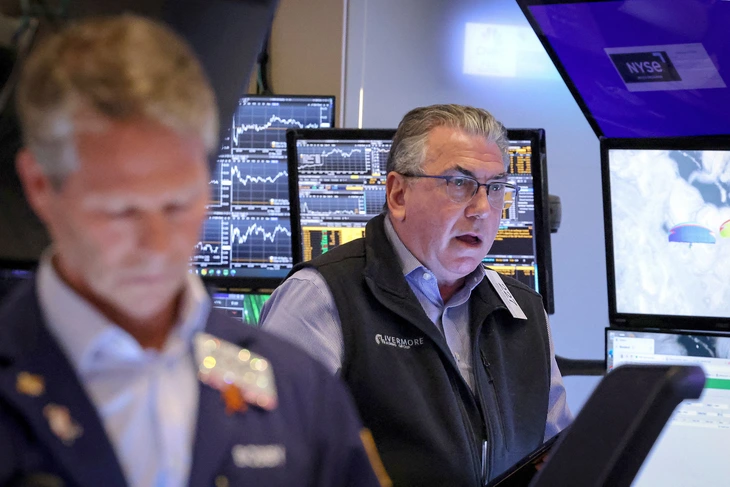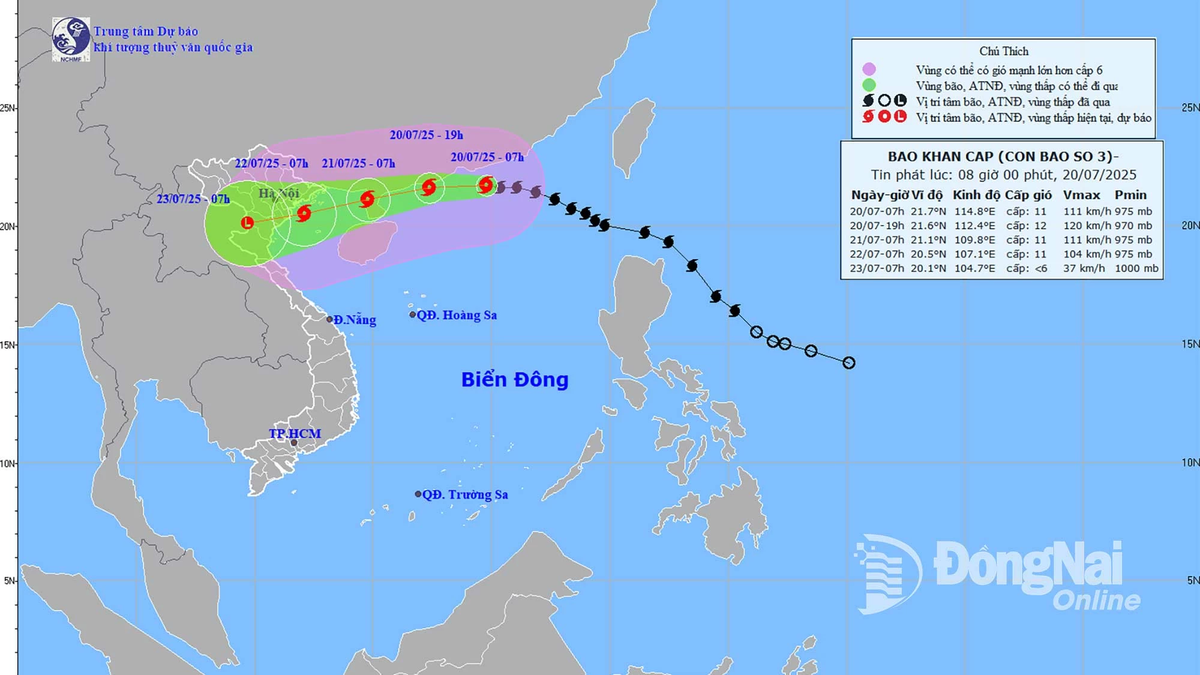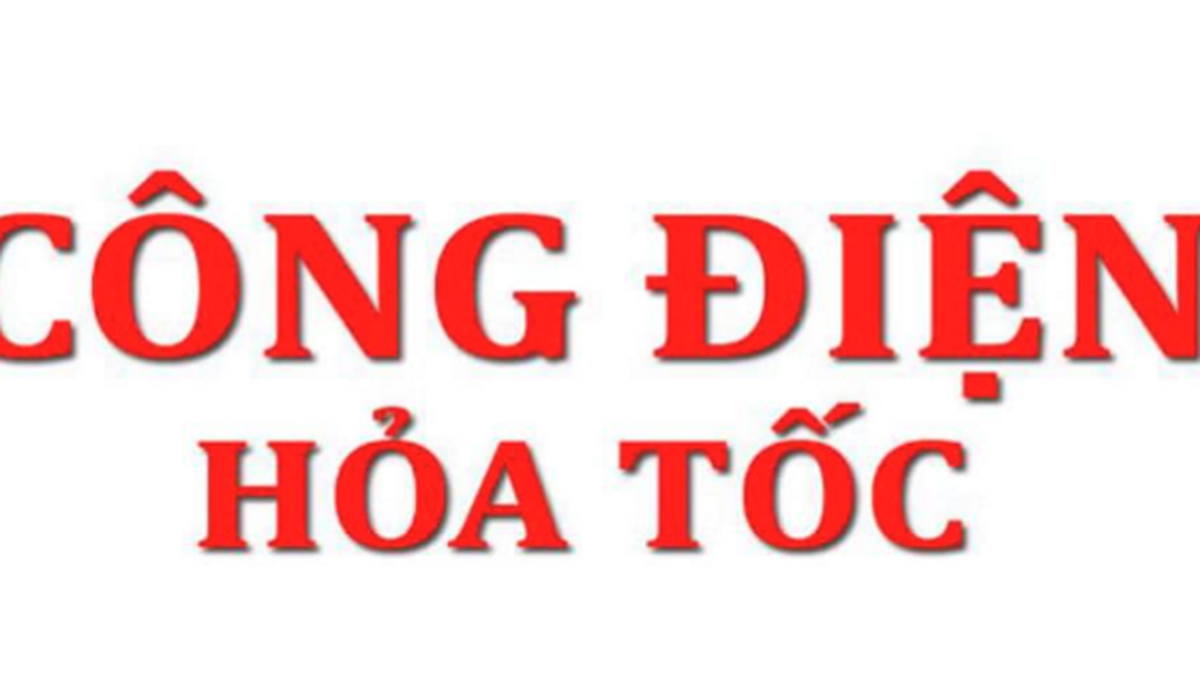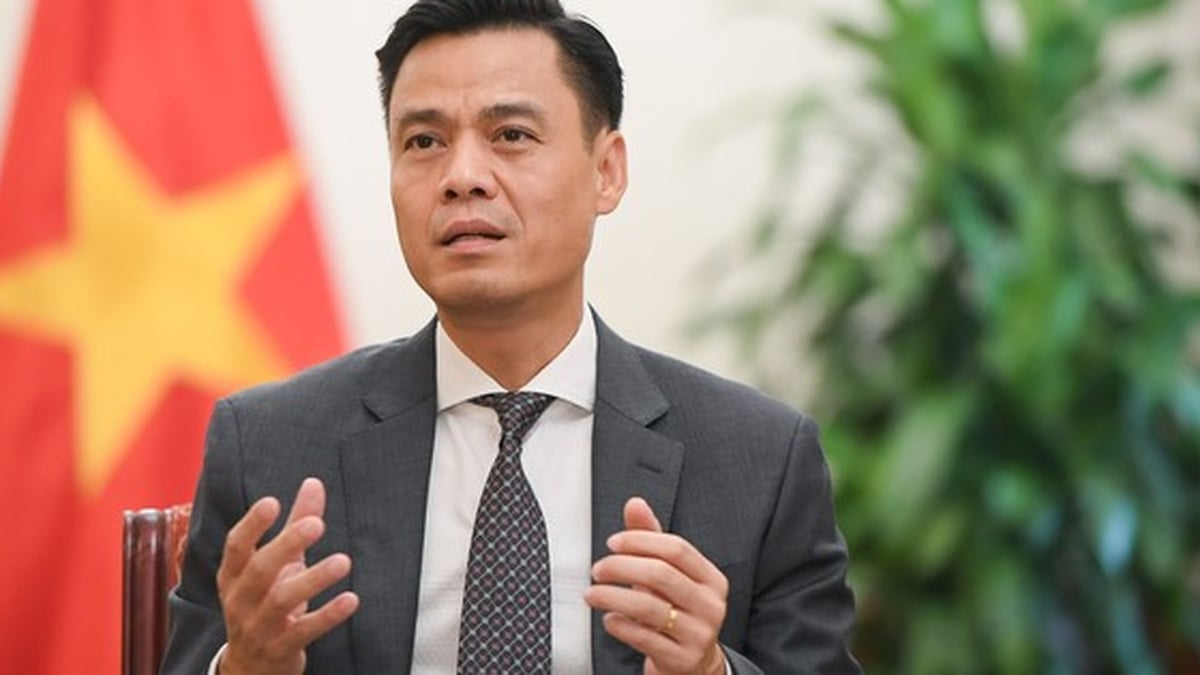US stocks have risen after news of the US-China "truce" - Photo: Reuters
China has proven resilient to the US president’s crisis tactics, forcing Mr Trump to back down after more than a month of imposing triple-digit import tariffs. The recent 90-day “retreat” agreement does not return tariffs to pre-trade war levels, but only temporarily reduces tariffs from 145% to 30% on Chinese goods and from 125% to 10% on US goods, with a promise to continue negotiations.
Trump's strategy
President Trump has used crisis tactics to force countries to make quick concessions - an approach that worked with the UK when the US agreed to reduce tariffs on London's cars, aluminum and steel. However, with China - an economy of comparable power, this tactic has not produced the desired results.
The joint statement between the world's two largest economies stressed the "importance of a strong, long-term and mutually beneficial economic and trade relationship," in contrast to Mr Trump's earlier remarks that the US was "being robbed by countries near and far" and that Beijing would lose more in the trade war.
Trump appears to have been affected by the market turmoil, the prospect of empty shelves in the US as data shows a sharp decline in imports and the risk of a return to inflation. While tariffs hurt China, they have also devastated the US economy.
Matthew Shay of the National Retail Federation called the pause a short-term respite for businesses placing orders for the holiday season, but restarting the flow of trade will be difficult due to the time it takes to ship products by sea.
Global implications
The outcome of the US-China trade war remains unclear. Experts warn that 90 days is too short a time to make significant progress on the long list of trade conflicts between the two countries, including the trade surplus.
The New York Times quoted Wendy Cutler, vice president of the Asia Society Policy Institute: "Similar negotiations usually take more than a year." Mr. Trump warned that if the two countries do not reach an agreement in the next 90 days, tariffs on Chinese products will increase "significantly higher" although not to 145%.
The US-China deal has further clarified Mr Trump’s strategy. “It sends a message to world leaders lining up for the White House that a market crash will change Mr Trump’s mind in an instant,” Asia Times commented.
Many analysts have questioned whether Japan, South Korea, Singapore and other Asian countries can weather US tariffs like China. But one thing is certain: things will not go back to the way they were before Trump took office. He has made it clear: “We have a lot of deals coming. But we will always have a base tariff of 10%.”
Countries, especially Asian ones, are under pressure from both the US and China. On May 13, Japanese officials said the country would carefully study the US-China and US-UK agreements to prepare for the next round of negotiations with Washington.
Mr. Rorry Daniels, executive director of ASPI, assessed that the results of the US-China negotiations opened up opportunities for other countries: "It is still too early to say how negotiations on various issues will unfold over the next 90 days, but a process to address common concerns is a great first step.
This also gives the rest of the world the opportunity to negotiate their own deals with the US without being criticised for choosing sides between Washington and Beijing."
Back to topic
TRAN PHUONG
Source: https://tuoitre.vn/3-thang-giai-lao-thuong-chien-my-trung-20250514090858249.htm




































































































Comment (0)